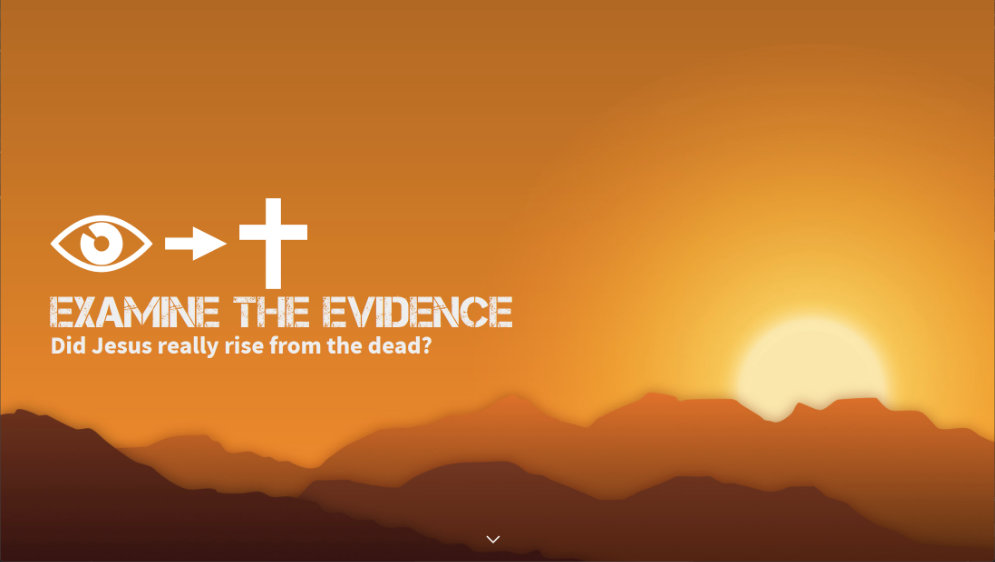Many Christians are afraid to speak about Jesus.
In some parts of the world, the authorities will not permit it; even meeting as believers risks arrest. Elsewhere, the exclusive claims of Christ are unacceptable in the community.
Even in tolerant societies, it does not take much to stop Christians advertising Christ. A rebuff from a friend is enough for many, as the fear of losing friendships forces us to eliminate Jesus from our conversation.









